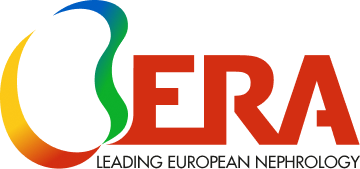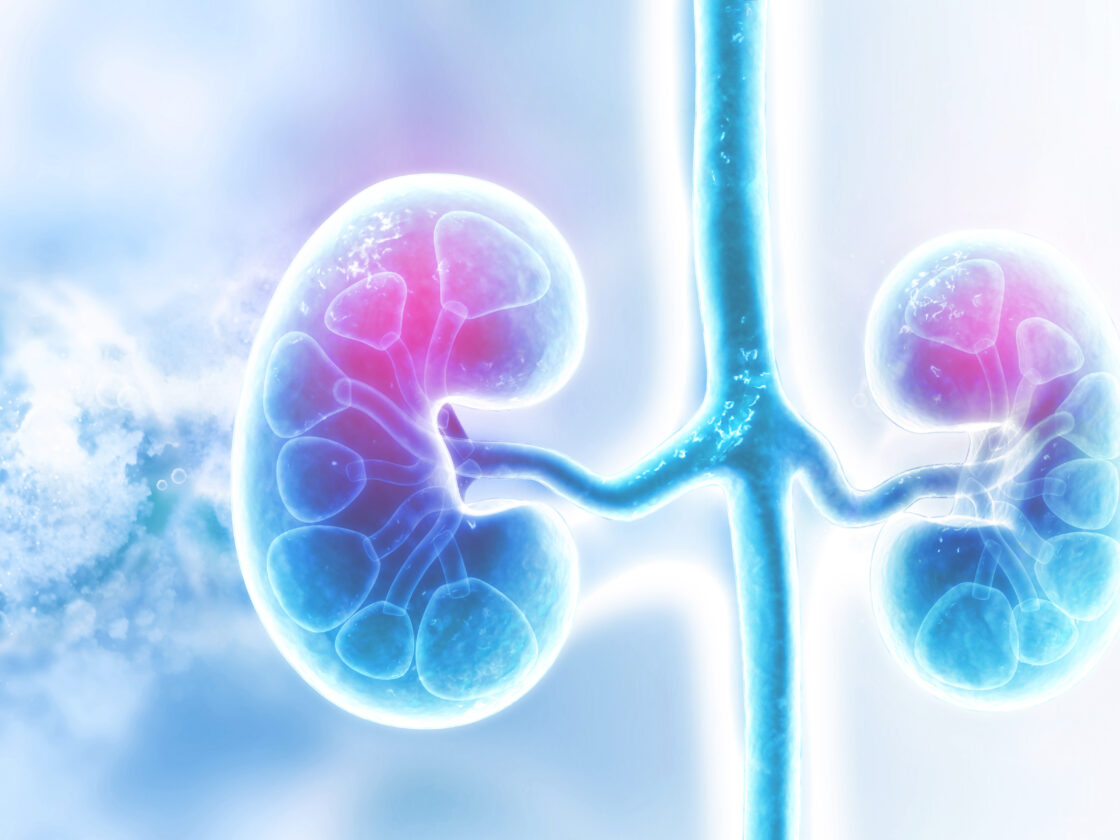In June 2025, Medpace nephrology experts attended the 62nd European Renal Association (ERA) Congress in Vienna, Austria – one of the world’s most influential meetings in nephrology and renal research. This year’s 4-day event drew more than 10,000 professionals across disciplines, and featured a program covering the latest scientific breakthroughs, regulatory developments, and pressing unmet needs.

Representatives from Medpace’s medical and operational teams engaged in critical discussions around trial innovation, therapeutic advances, and evolving standards of care in nephrology. In this blog, Dr. Ajay Srivastava, Senior Vice President, Medical Department, Dr. Candice Clarke, Medical Director, Heather Lohr, Executive Director, Clinical Trial Management, and Frénel Joseph, Senior Director, Clinical Trial Management reflect on key takeaways from ERA 2025 and what they mean for the future of renal drug development.
Key Clinical Highlights from ERA 2025
Advancements in Chronic Kidney Disease (CKD): Several late-breaking clinical trials underscored the continued evolution of treatment strategies in CKD.
- CONFIDENCE Study: Assessed the simultaneous initiation of finerenone and empagliflozin in patients with chronic kidney disease and type 2 diabetes. The results demonstrated a greater albuminuria reduction and assessed safety parameters such as hyperkalaemia and volume overload.
- ACHIEVE Study: Assessed if spironolactone could reduce the composite outcome of cardiovascular death or hospitalization for heart failure in patients receiving maintenance dialysis. The study was terminated early due to lack of benefit and a safety signal in which severe hyperkalaemia was seen more frequently in the spironolactone group.
Progress in Glomerular Disease Therapies: Multiple late-stage studies in glomerular diseases emphasized the growing pipeline of targeted therapies aimed at halting disease progression and improving renal outcomes.
- VALIANT Phase 3 Study: Assessed pegcetacoplan (complement C3 inhibitor) in patients with C3 glomerulopathy or primary immune complex membranoproliferative glomerulonephritis in both native and post-transplant kidneys. The results demonstrated a sustained significant improvement in proteinuria, improvement in histological complement deposition and eGFR stabilization in the pegcetacoplan group compared to placebo with a similar safety profile between both groups.
- VISIONARY Phase 3 Study: Assessed sibeprenlimab (anti-APRIL inhibitor) in IgA nephropathy. The results demonstrated a significant reduction in proteinuria (51.2% uPCR reduction at 9 months) in the treatment group compared to placebo with a good safety profile.
- ORIGIN Phase 3 Study: Assessed atacicept (dual BAFF/APRIL inhibitor) in IgA nephropathy. Topline results were presented indicating the trial met its primary endpoint of reduction of proteinuria at 36 weeks (42% reduction in proteinuria compared to placebo), and atacicept continues to have a favorable safety profile.
Transplantation Insights: The ERA registry data demonstrated that standard donor kidney transplants confer a survival benefit over dialysis, regardless of recipient age or underlying health status. These findings may help support broader eligibility criteria and reduce barriers to transplant access.
Looking Ahead
The 2025 ERA Congress reflected a nephrology landscape marked by increasing therapeutic precision, a focus on proteinuria as a surrogate endpoint, and the maturation of targeted biologics across glomerular diseases. At the same time, safety considerations remain a critical focus for drug developers. In addition, it highlighted the changing landscape with integration of AI into management of nephrology patients revolutionizing patient care.
Medpace is committed to supporting biopharma partners in navigating these trends and executing kidney-focused trials with scientific rigor, operational excellence, and global execution.
An Industry Leader in Nephrology Clinical Research
With decades of experience conducting phase I-IV nephrology clinical trials, Medpace is a globally recognized leader in nephrology clinical research. Our seasoned medical in-house nephrologists, operational, and regulatory teams are fully embedded throughout your project – providing unmatched support for your program. Combined with our strong site network and KOL relationships to accelerate development and enhance patient recruitment, we’ve successfully led Phase III studies (several to regulatory approval) in key indications such as acute kidney injury, chronic kidney disease, glomerulonephritis, genetic and rare kidney diseases, and renal transplantation.

